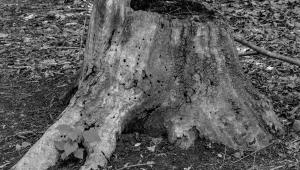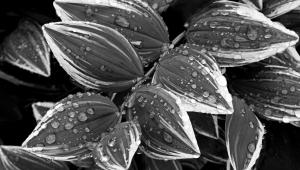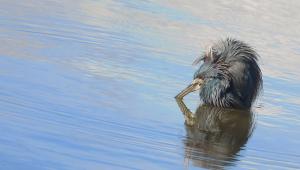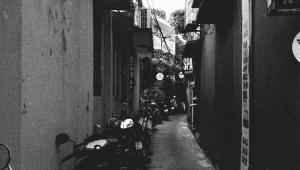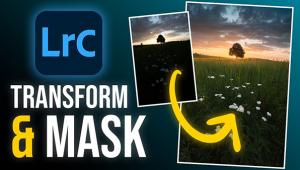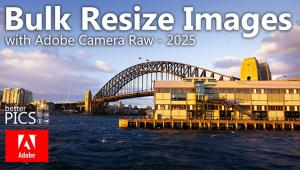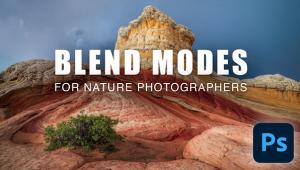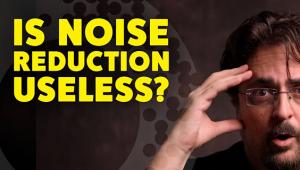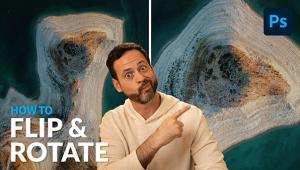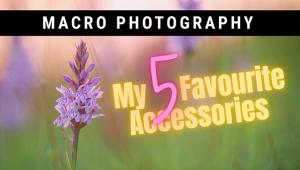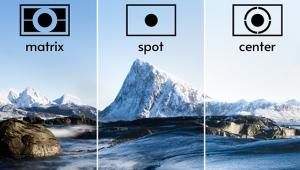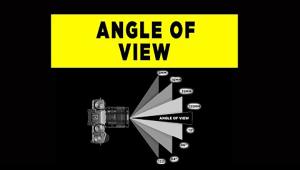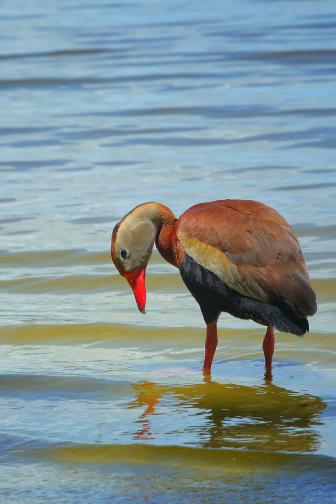Please comment briefly on your thoughts on Nikon's move to offer a full-frame sensor and how it might affect your buying decisions in the future.
Please comment briefly on your thoughts on Nikon's move to offer a full-frame sensor and how it might affect your buying decisions in the future.
Having a larger sensor size is important to me and I think will make a big difference in image results.
83% (567 votes)
The current so-called APS-C sensor size delivers the goods, and right now the full-frame sensor cameras are way too expensive.
14% (94 votes)
I am unlcear about the differences and need to learn more about this issue.
3% (23 votes)
Total votes: 684

